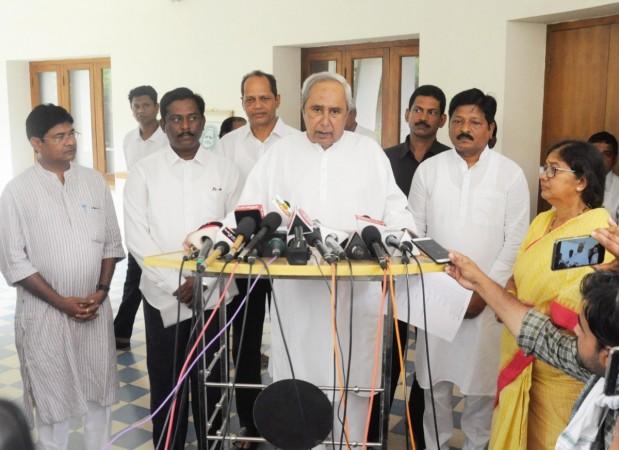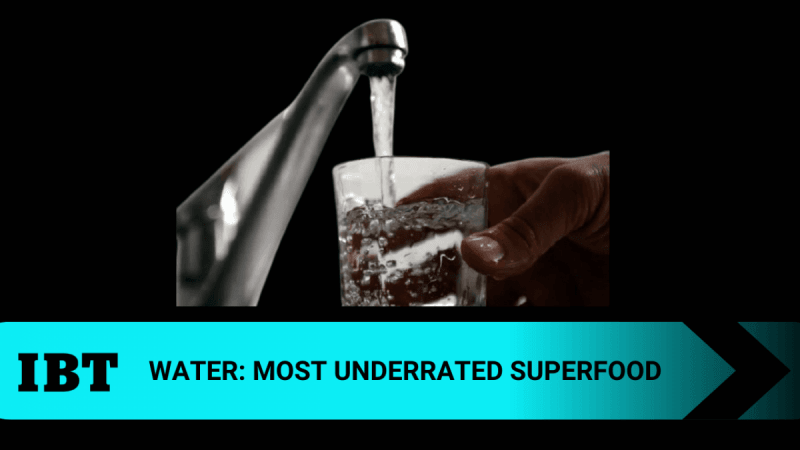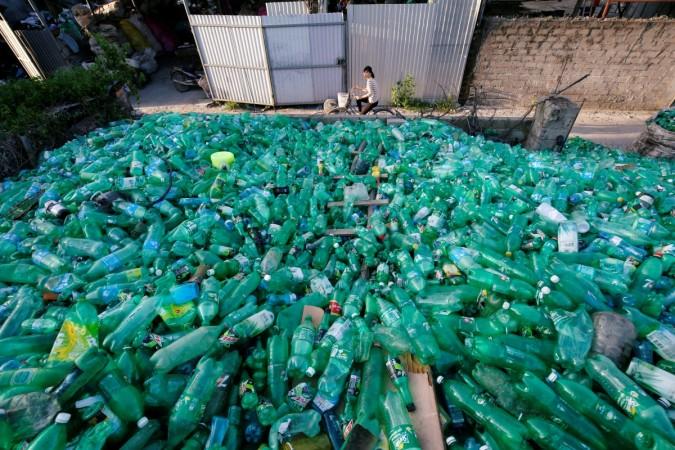It happens in London. It happens in New York. Now, it happens in Puri too. For the uninitiated, Odisha's city of Puri now has access to high-quality drinking water straight from the tap. With this truly wonderful achievement, the non-metro city becomes the first city in India to provide water supply adhering to 'Quality Standards of IS 10500.

Benefiting from the high-quality water supply will be the population of over 2.5 lakh in the city, and also over 2 crore pilgrimage tourists that visit Puri each year.
Chief Minister of Odisha, Naveen Patnaik inaugurated the 'Drink from Tap' mission in Puri and compared the city to those best in the world. "There is no need to store or filter drinking water. Only major cities in the world have such facilities," he said, during the launch.

Only if...tap water replaced plastic water bottles
Safe drinking water directly reduces the dependence on plastic water bottles, thereby preventing plastic waste. The release said, "The provision of safe drinking water will help prevent the use of three crore plastic bottles, eliminating 400 metric tonnes of plastic waste and reducing the state's carbon footprint." It added, "The initiative is set to provide safe drinking water to every household in Odisha across all 114 urban local bodies, with an inclusive mandate covering all slum households."
Safe tap water comes down to primarily two things; geography and source of water which is lakes, glaciers, rivers and the policy, which also includes the filtration process that the water has been through.
Plastic water bottle waste is an issue that needs to be tackled in every corner of the world. According to the Container Recycling Institute, 100.7 billion plastic beverage bottles were sold in the U.S in 2014. That number is up manifold since then.
CM Patnaik further said, "Puri residents, tourists and pilgrims can now drink water from taps across the city, be it at home or across the drinking water fountains." As per the initiative, the pilgrims will have access to 120 drinking water fountains set up by the state all along the Grand Road and other places of tourist significance.

How is it all possible?
At play is technology-based real time surveillance that will allow quick response and redressal to issues like leakage, quality of water, pressure supply etc. The press information shared by the state authorities also says, "Real-time water quality will be displayed at public places by way of LCD screens to ensure public confidence and a mass shift from bottled water to tap water."
Tapping human resource too
To make the system work, underprivileged women from self-help groups have been designated as 'Jalsaathis.' They have been hired and trained in things like meter-reading, revenue-collection, conducting field water quality tests, and also spreading awareness and sensitising people.

















